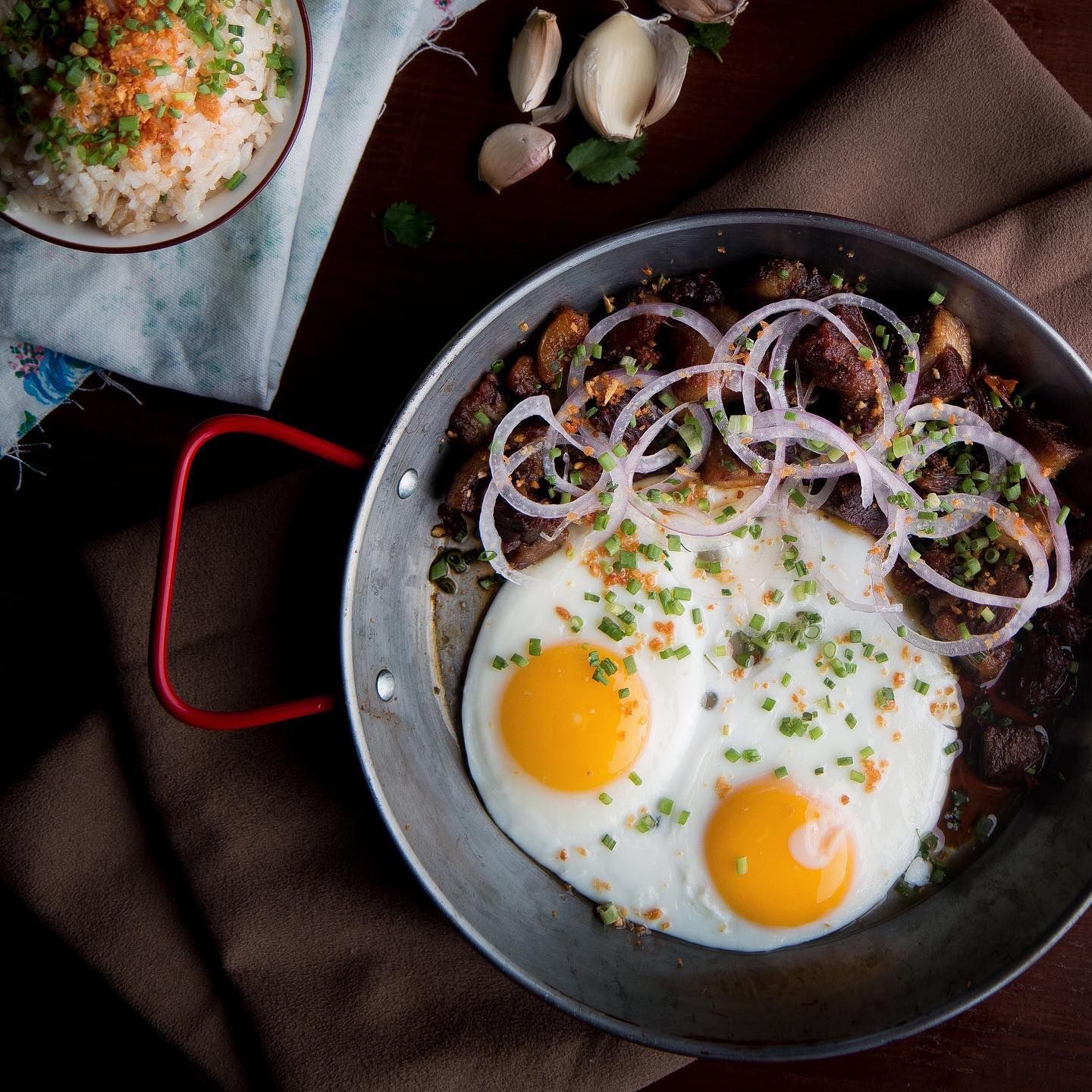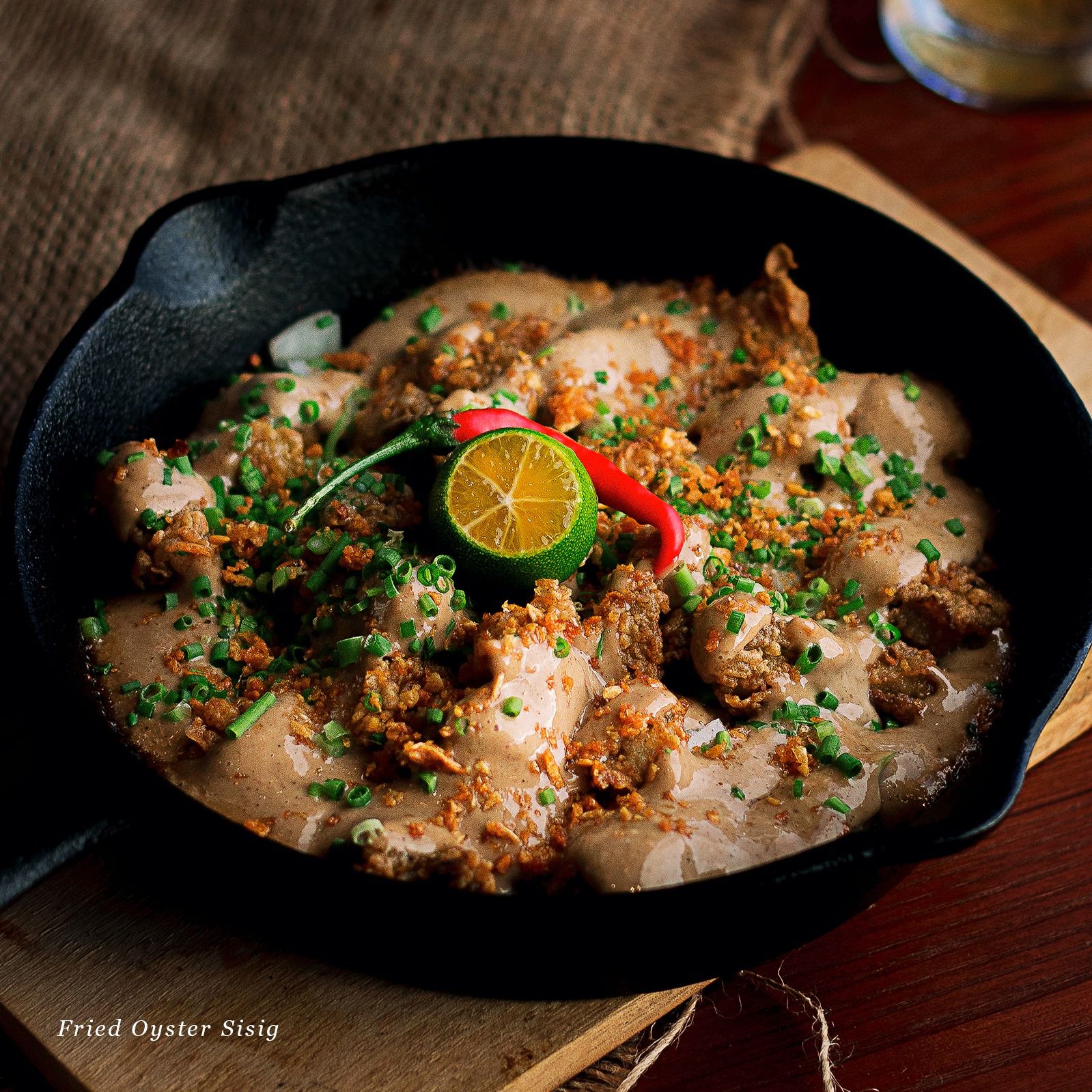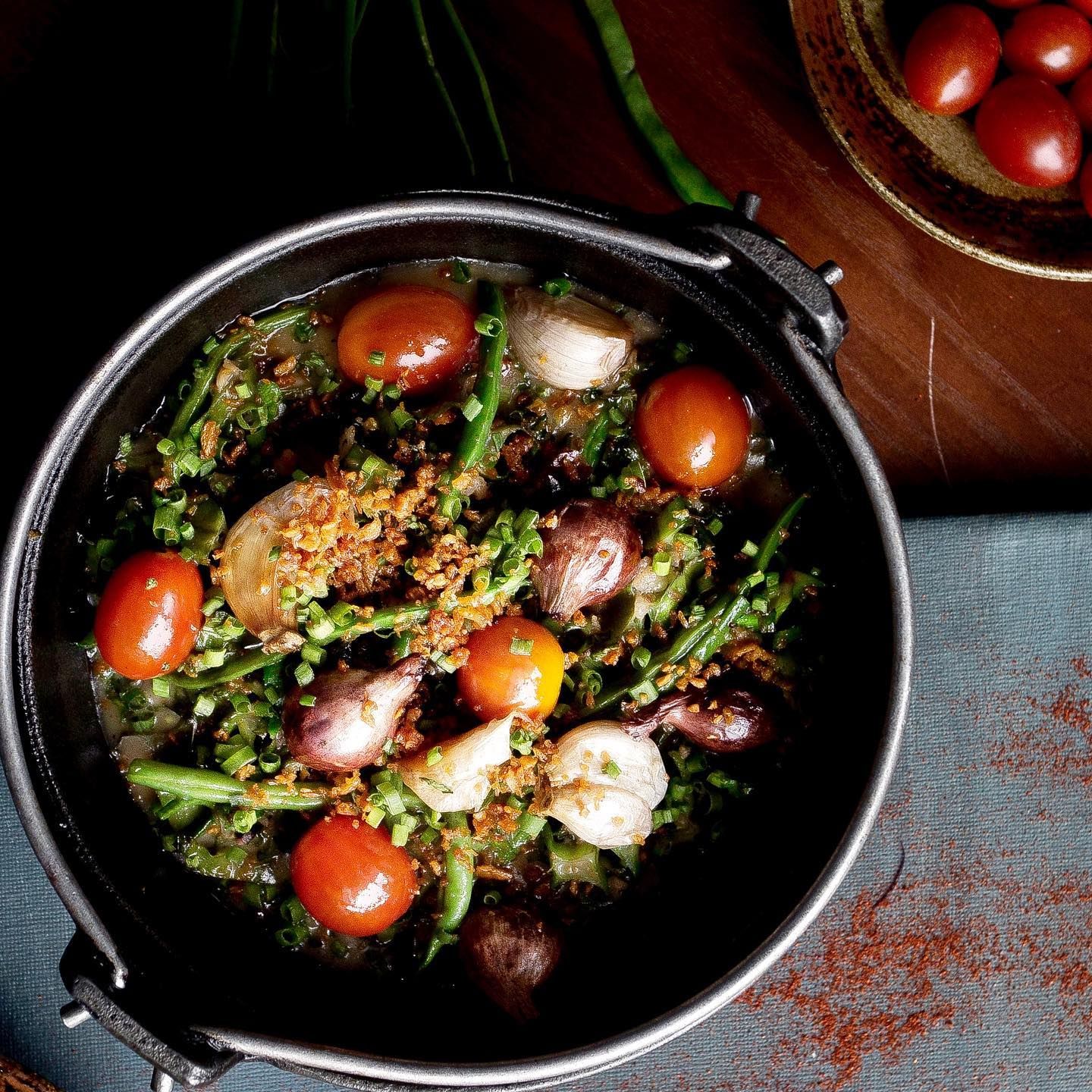From enduring a burnout in his early 20s, to basking in Locavore's success, and now facing the heartbreaking realities of the pandemic, Mikel Zaguirre's winding journey has granted him invaluable insights. Allow us to share them with you, too.
You’ve likely heard of chef Mikel Zaguirre because of his popular Filipino gastropub, Locavore. Admittedly the “bread and butter” of his many dining concepts, Locavore was an immense success from day dot. “The reception was really good! We prepared a week’s worth of supplies for the soft opening, and on the night we opened we ran out of everything. We had to shut down for five days to replenish our stock.”
However, Mikel’s culinary journey is endlessly winding. After graduating with a major in culinary arts, the fresh graduate launched his career as the executive chef at a Boracay resort. Not long after, he ended up absorbing the roles of resort manager, accountant, and many more duties beyond the kitchen. He soon went on to work at French bistro La Reglade, take on the executive sous chef position at Eastwood Richmonde hotel, and even work as a culinary consultant for the television series Junior MasterChef Philippines. Despite all that, interestingly, he does not consider himself a chef, but a consultant instead.
Now in his fruitful career, Mikel has been privileged with opening many more successful projects. But like many others over the pandemic, he’s faced the heartbreaking realities of closing down promising concepts too.
Keep reading to learn more about Mikel’s culinary journey:
Read More: Chef JP Anglo of Sarsa On The Lessons He Learned During The Pandemic
You were thrown into a big role during your first-ever culinary job. What was that experience in Boracay like?
Even before graduation, I already had job offers. I ended up choosing the one in Boracay to be my first. It was kind of weird - they offered me the executive chef position right away, and I wasn’t executive chef material. But I took it on for the experience, I took it because it was in Boracay, and I was sure it was going to be fun. So, I became the executive chef… and I also ended up being the manager of the resort, and the restaurant. I ended up as the accountant, the marketing manager, the purchaser - basically, I did it all.
How important would you say on-the-job training and experience is in F&B?
Extremely. My first job in Boracay was where I learned all those skills that made me who I am now. I had to learn fast, I had to mature fast, I had to grow up fast. It was fun, but it was overwhelming. After that, a mentor messaged me to say a Michelin chef was coming to the Philippines to lead a French bistro in Makati, and she asked me if I wanted to join. At that time, I automatically grabbed the opportunity. So I came back to Manila and became part of La Reglade’s opening team.
After that, the Richmonde group offered me the executive sous chef position at their new hotel - Eastwood Richmonde Hotel. I didn’t know what I was doing because this was a really big responsibility, but I just wanted to try it out. At 23 years old, I opened the hotel with 80 employees under me. There was supposed to be an executive chef joining me, but they didn’t end up hiring one so I was reporting directly to the F&B directors and the directors of the hotel. Then, I was pirated by ABS-CBN to help conceptualise Junior MasterChef Philippines and oversee the culinary technicalities for the show.
After that, I didn’t know what direction to go in. I was burnt out. I had to stop.
Read More: Chef Rob Pengson - How Has He Succeeded, Failed, And Grown As A Restaurateur?



